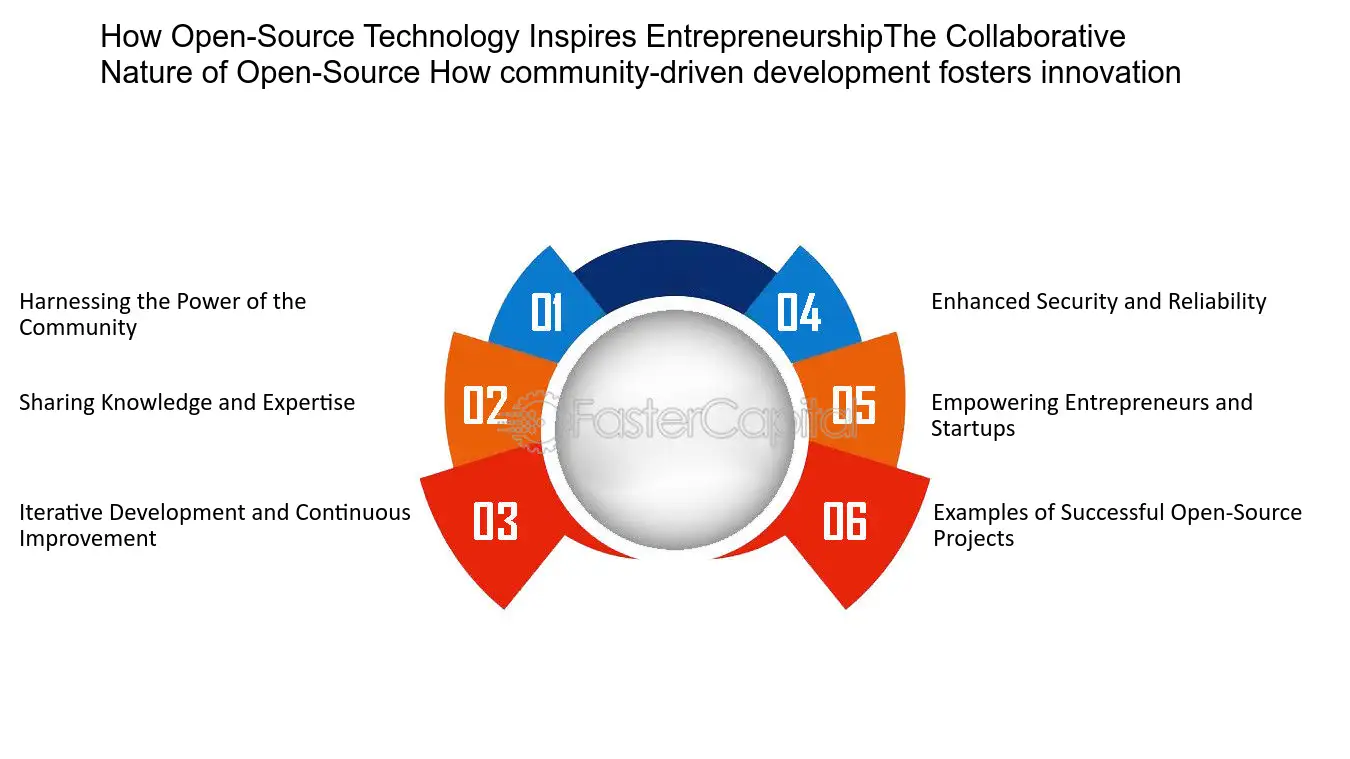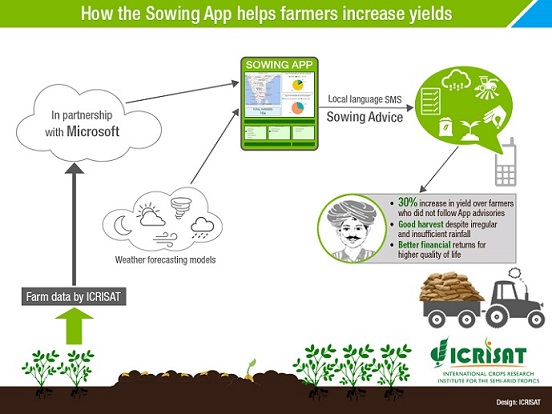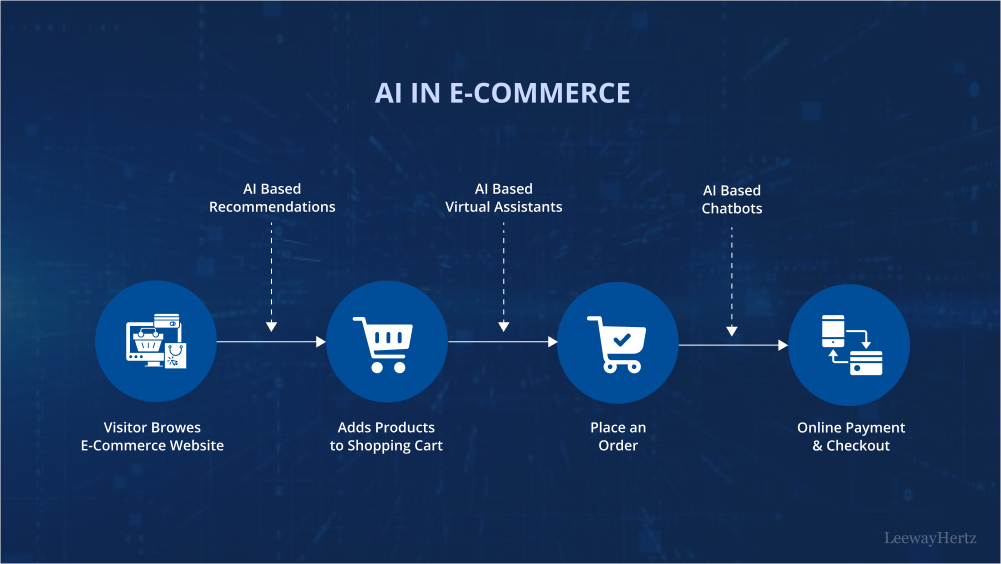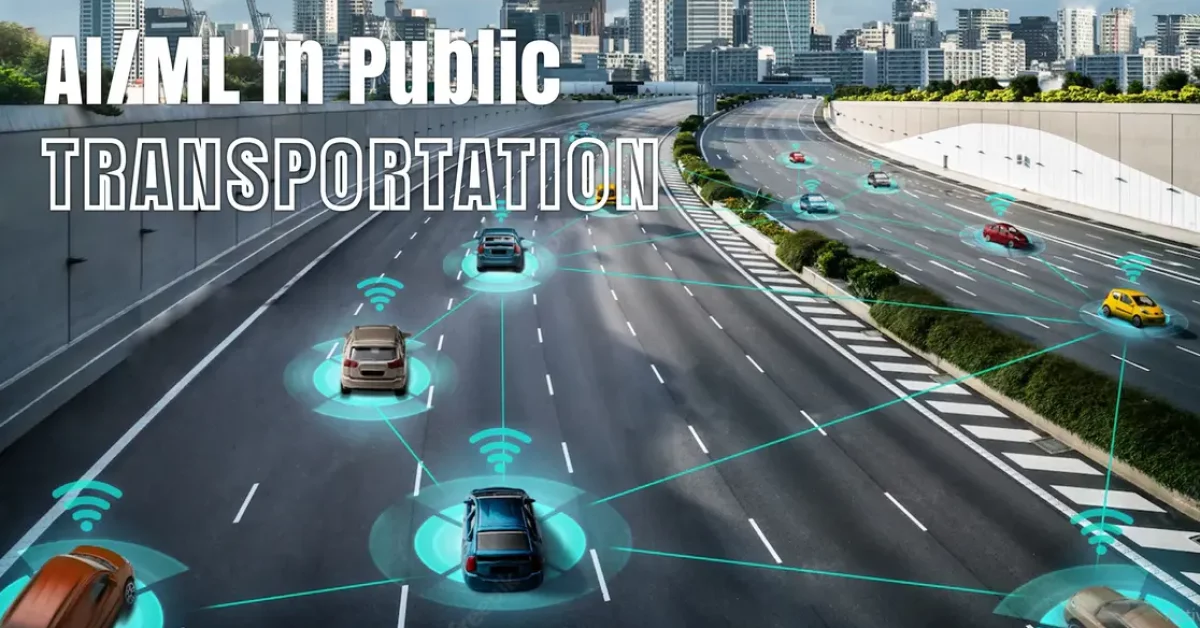Exploring
how Indian developers and companies are contributing to the global open-source
community, fostering innovation, and collaboration.
Open
source software has become a cornerstone of modern technology, enabling
collaboration and innovation on a global scale. Indian developers and companies
are making significant contributions to the open-source community, driving
advancements in various fields. This blog explores India's role in the
open-source movement, highlighting key contributions, notable projects, and the
impact on the tech industry.
Key Contributions:
Developers and Communities: Indian developers are active participants in open-source communities, contributing code, documentation, and support to numerous projects.Corporate
Involvement: Indian IT
companies like Infosys, TCS, and Wipro are increasingly embracing open-source
technologies and contributing to their development.
Government
Initiatives: The Indian
government is promoting the use of open-source software in public projects to
enhance transparency, security, and cost-efficiency.
Notable
Projects and Contributions:
Linux
Kernel: Indian developers have
contributed to the development of the Linux kernel, one of the most widely used
open-source projects in the world.
Apache
Hadoop: Contributions to Apache
Hadoop, a framework for distributed storage and processing of big data, have
been significant, with Indian engineers playing key roles.
OpenStack: Indian IT firms and developers are actively
involved in the OpenStack project, which provides open-source software for
creating and managing cloud computing platforms.
Impact
on Innovation and Collaboration:
Knowledge
Sharing: Open-source projects foster
a culture of knowledge sharing and collaboration, driving innovation across the
tech industry.
Skill
Development: Participation in
open-source projects helps developers enhance their skills and gain recognition
in the global tech community.
Cost Savings: Open-source solutions offer cost-effective alternatives to proprietary software, benefiting businesses and government agencies.
Challenges
and Opportunities:
Sustainability: Ensuring the sustainability and long-term
maintenance of open-source projects is a challenge that requires community
support and funding.
Quality
Assurance: Maintaining high standards
of code quality and security in open-source projects is crucial for their
success and adoption.
Broader
Adoption: Increasing the adoption of
open-source technologies in mainstream industries and government projects
presents significant opportunities for growth.
Conclusion:
India's
contributions to the open-source software movement are driving innovation and
collaboration on a global scale. By embracing open-source technologies, Indian
developers and companies are fostering a culture of transparency, efficiency,
and technological advancement. As the open-source community continues to grow,
India's role in this ecosystem will remain pivotal.





















